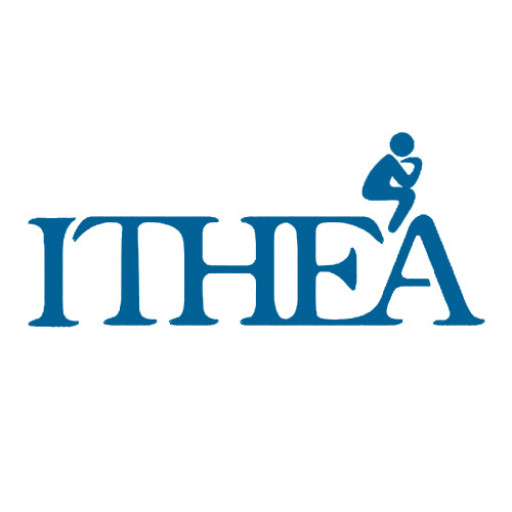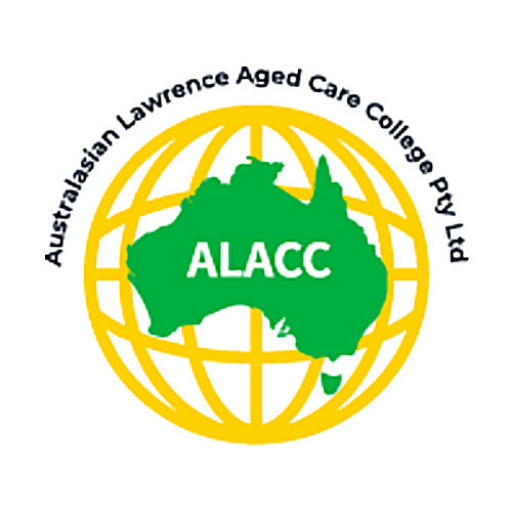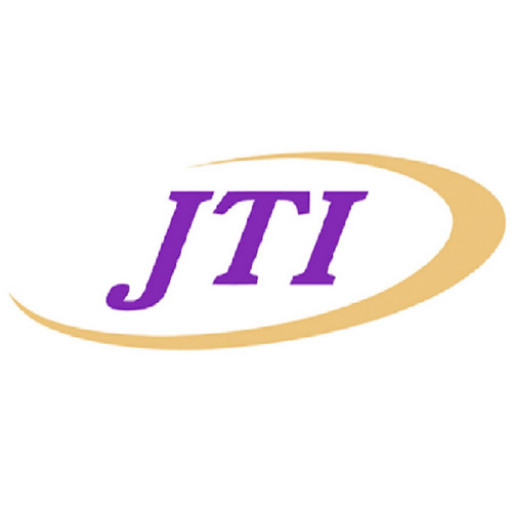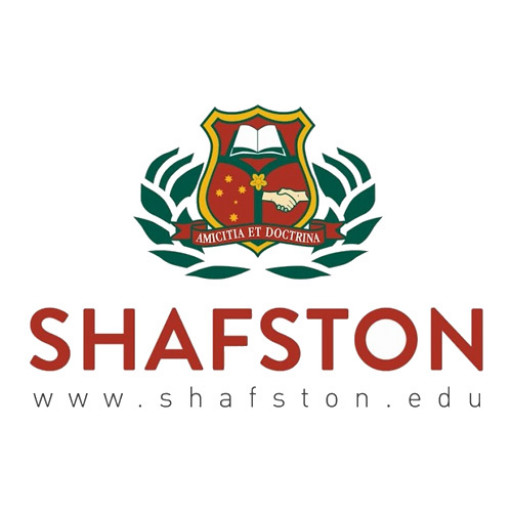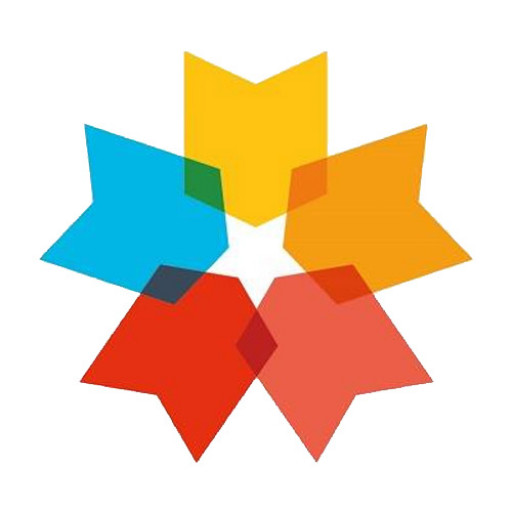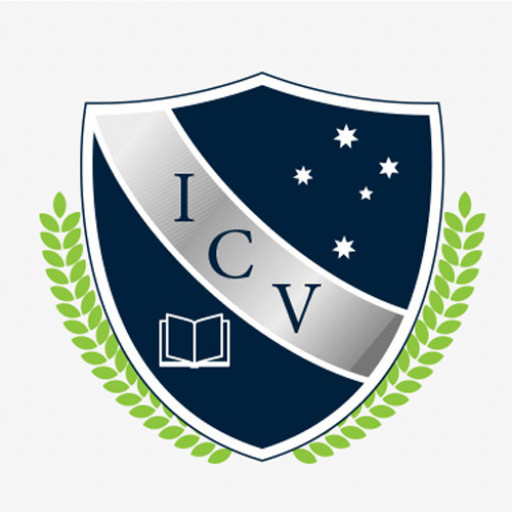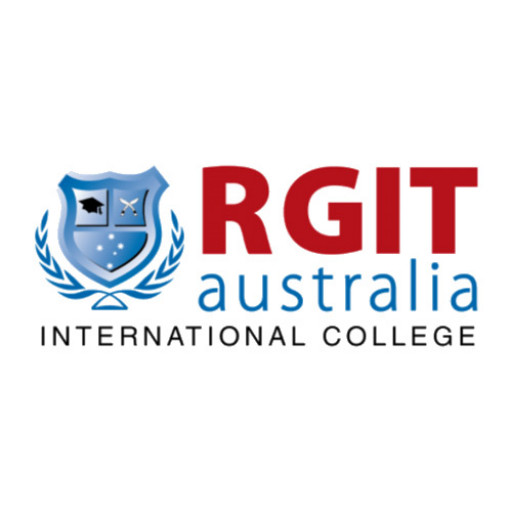Early Childhood Education and Care degree program at the Institute of Tertiary and Higher Education Australia offers comprehensive training and in-depth knowledge necessary for future professionals working with young children. This program is designed to equip students with the skills required to support the development, learning, and well-being of children from birth to five years old. Throughout the course, students explore essential topics such as child developmental theories, curriculum design, inclusive education practices, and family engagement strategies. The curriculum emphasizes practical experience, allowing students to apply theoretical knowledge in real-world settings through internships and practicum placements in licensed childcare centers and early education facilities. Furthermore, the program covers important areas including health and safety regulations, child protection policies, behavior management techniques, and the use of technology in early childhood education. Students are also trained in culturally responsive practices to foster inclusive learning environments that respect diverse backgrounds. The program aims to produce graduates who are not only competent in educational principles but also empathetic and proactive in promoting positive developmental outcomes for children. Upon completion, graduates are prepared to work as early childhood educators, caregiver professionals, or specialists in educational policy and program planning. The degree also provides pathways for further academic study or specialization within the field of early childhood education. The institute ensures a blend of theoretical instruction and practical application, fostering a dynamic learning environment that prepares students to meet the demands of the evolving early childhood sector. Through this program, students gain the confidence and expertise to make meaningful contributions to the early stages of children’s development and to support families in their critical role as caregivers and educators.
The Bachelor of Early Childhood Education and Care program at the Institute of Tertiary and Higher Education Australia is designed to prepare students for a rewarding career in early childhood development and education. This comprehensive program provides students with the necessary knowledge, practical skills, and professional attitudes required to work effectively with young children and their families. Throughout the course, students will explore a wide range of topics, including child development theories, curriculum design, classroom management, and inclusive education practices. The program emphasizes the importance of fostering a nurturing, safe, and stimulating environment that promotes learning and emotional well-being for children from diverse backgrounds.
Students will undertake both theoretical coursework and practical placements in licensed early childhood settings, gaining hands-on experience and real-world skills. These practical components are integral to the program, enabling students to apply their knowledge in authentic environments and develop confidence in their teaching abilities. The curriculum also covers current policies, regulations, and ethical considerations relevant to early childhood education, ensuring graduates are well-versed in the legal and professional standards of the field.
Furthermore, the program aims to develop students’ communication, teamwork, and leadership skills, which are essential for effective collaboration with children, families, and colleagues. Graduates of the Bachelor of Early Childhood Education and Care will be equipped for various roles within the early childhood sector, including preschool teacher, early learning center coordinator, and child development specialist. They will also be prepared to pursue further studies or specialized training in early childhood education or related fields. With a strong focus on inclusivity, diversity, and continuous improvement, this program ensures graduates are ready to make meaningful contributions to the development and education of young children, supporting their overall growth and lifelong learning.
Program requirements for the Early Childhood Education and Care qualification at the Institute of Tertiary and Higher Education Australia typically include the successful completion of specified coursework units that cover fundamental aspects of early childhood development, health and safety, educational theories, and pedagogical strategies. Applicants are generally required to have a minimum of an Australian Year 12 qualification or equivalent. Prior experience or demonstrated interest in early childhood settings can be advantageous, but is not always mandatory. The program may also require applicants to undertake placement components, involving supervised practical training in childcare environments, to ensure students gain relevant hands-on experience. Additionally, students might need to submit a suitable criminal history check and demonstrate compliance with health and immunization requirements to ensure they can work with children. Some programs might accept mature students with relevant work experience even if formal academic qualifications are lacking. Language proficiency requirements, such as an IELTS score of 6.0 or higher, may apply for international applicants. The curriculum typically emphasizes contemporary early childhood education practices, inclusive education, and respect for cultural diversity, preparing graduates for roles as early childhood educators or carers. Entry is generally competitive, with a selection process considering academic achievements and relevant experience. The program aims to equip students with the necessary skills, knowledge, and practical experience to foster optimal development and learning in children aged from birth to five years. Successful completion of the program often allows graduates to register with professional bodies and seek employment in licensed childcare centers, preschools, and other early childhood education settings across Australia.
The financing of the Early Childhood Education and Care program at the Institute of Tertiary and Higher Education Australia typically involves a combination of government funding, student contributions, and potential scholarships or financial aid options. As an institution committed to providing accessible higher education, the Institute often offers a range of financing pathways to support enrolled students in managing the costs associated with their studies. Government funding is a significant component, often available through national and regional education grants dedicated to supporting the training of early childhood educators. These may include subsidies or specific funding arrangements for students pursuing qualifications in early childhood education, aimed at increasing the qualified workforce and improving early childhood services.
Students may also be eligible for federal or state student loans, which enable them to fund their education over a period, with repayment options available after graduation based on their income levels. The institute may participate in government loan schemes such as HECS-HELP or similar programs, providing financial relief for eligible students. Additionally, the institution might offer scholarships based on merit, financial need, or target specific groups such as Indigenous students, mature students, or those from remote areas. Scholarships and grants are designed to reduce the financial burden on students and promote diversity within the student body.
Furthermore, the program's tuition fees are structured to reflect the level of qualification and the resources required for training in early childhood education. Students are encouraged to explore various payment options, including upfront payments, payment plans, or employer-sponsored funding in cases where students are employed in early childhood settings. Many employers in the early childhood sector recognize the value of investing in their staff's educational development and may contribute to or fully cover the costs of training.
In addition to government-funded schemes and employer support, students may access financial assistance through community programs and private scholarships offered by non-profit organizations. These funding options serve to broaden access to the program for diverse populations and support lifelong learning initiatives.
The institute emphasizes transparency and provides comprehensive guidance to prospective and current students on financing options, eligibility criteria, application procedures, and deadlines. Students are advised to consult the institution’s financial aid office or official website for up-to-date information regarding applicable funding sources and to ensure they meet all necessary requirements to access available financial assistance.
Overall, the financing of the Early Childhood Education and Care program is designed to facilitate broad access while ensuring students can focus on their studies without undue financial burden. The combination of government funding, student loans, scholarships, employer support, and personal investment creates a flexible and accessible funding environment tailored to meet the needs of diverse student populations seeking a qualification in early childhood education.
The Bachelor of Early Childhood Education and Care at the Institute of Tertiary and Higher Education Australia is designed to prepare students for a professional career in early childhood education and care settings. The program provides comprehensive training in child development, pedagogy, communication skills, and the practical aspects of working with young children from infancy through to school age. Students will explore various teaching strategies, curriculum planning, and assessment methods relevant to creating a safe, nurturing, and stimulating learning environment for young children. The curriculum emphasizes the importance of inclusive education and diversity, ensuring that graduates are equipped to support children from diverse backgrounds and with different needs. The program also covers legal and ethical considerations in early childhood settings, policies related to child protection, and the importance of family engagement in children’s learning. Practical placements form a core component of the course, offering real-world experience to help students develop their professional skills and meet industry standards. These placements often occur in a range of settings, such as preschools, daycare centers, and community childcare services, providing diverse experiences. Upon graduation, students will be eligible for employment as early childhood educators or childcare workers, and may pursue further specialization or postgraduate studies. The program is tailored to meet the requirements of national early childhood education frameworks and is designed to foster not only theoretical knowledge but also practical skills necessary for effective teaching and caregiving. With a focus on lifelong learning, graduates are encouraged to remain updated with the latest developments and research in early childhood education, ensuring their practices are evidence-based and aligned with current pedagogical trends. The Institute provides modern facilities and experienced faculty members to support students throughout their learning journey. Graduates of this program are expected to play a vital role in shaping the developmental outcomes of children and supporting families in their community.
